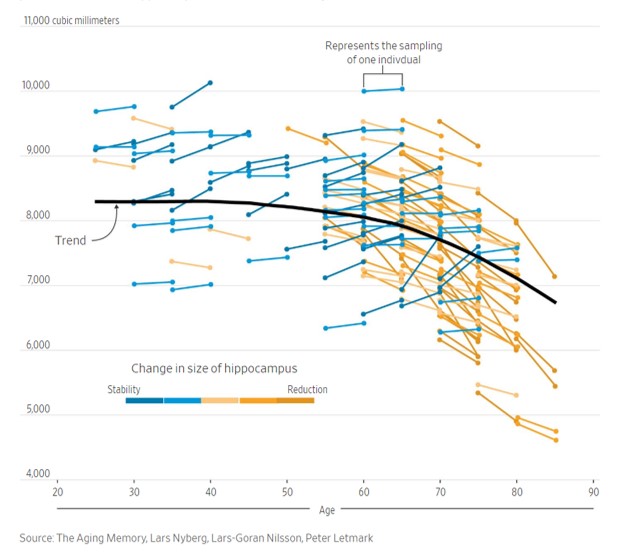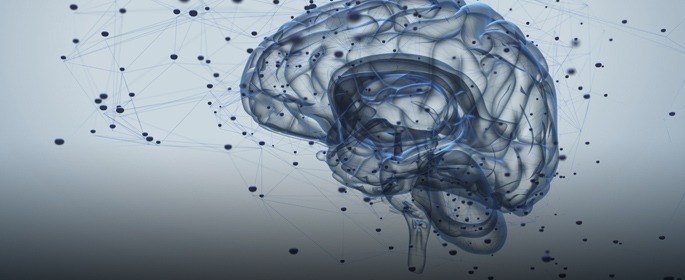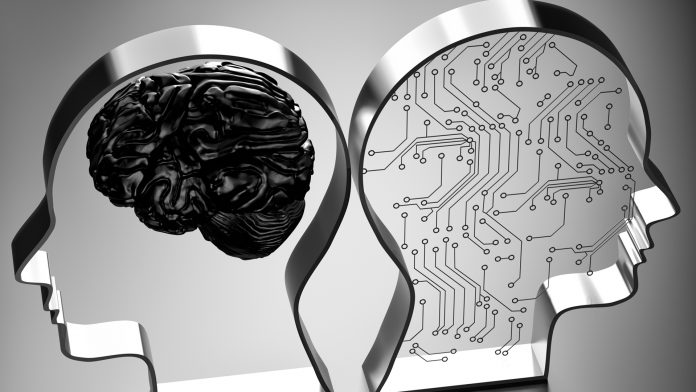Posts Tagged ‘Neuroethics’
Update: A brain-friendly lifestyle is the best approach to delay cognitive decline and dementia
_____ Time to wrap-up another stimulating month with SharpBrains’ e‑newsletter, featuring this time a range of promising news for everyone with a (human) brain :-) New tech for brain health: Neuroengineering meets neuroethics to address treatment-resistant depression Study: Hearing aids may help older adults delay dementia, depression, anxiety, and falls Four guidelines for smart use of smartphones…
Read MoreDebate: What are the ethics of discouraging much-needed innovation given potential privacy concerns?
Story description (CNN Money): Ned Sahin is founder and CEO of neurotechnology start-up Brain Power, whose tool “Empower Me” uses smart glasses like Google Glass to coach those with autism. It helps schoolchildren learn social and cognitive skills and can even guide adults through an interview process. Brain Power’s product is sold to many schools…
Read MoreNeuroengineering meets neuroethics to address treatment-resistant depression
___________________ Is This the Future of Mental Health? (USC Viterbi School of Engineering): “Brain–machine interfaces (BMIs) provide a direct pathway to the brain to translate brain signals into actions … Below, Shanechi (Note: Maryam Shanechi, PhD, assistant professor of electrical and computer engineering) answers some questions about her work and what the future might hold…
Read MoreA call to action: We need the right incentives to guide ethical innovation in neurotech and healthcare
_______________ Ana Maiques, CEO and founder of neurotech company Neuroelectrics, writes up a compelling case in her recent article, summarized thus: “I strongly believe that Neurotech entrepreneurs can not afford not to be involved in neuroethics. It is simply not an option anymore.” I share that belief and would like to take it one step further:…
Read MoreHow to address privacy, ethical and regulatory issues: Examples in cognitive enhancement, depression and ADHD
? How to address privacy, ethical and regulatory issues: Examples in cognitive enhancement, depression and ADHD from SharpBrains We hope you enjoy this slidedeck supporting a great session at the 2019 SharpBrains Virtual Summit: The Future of Brain Health (March 7–9th). Full recordings are available for purchase here. 1–2.30pm. How to address privacy, ethical and regulatory issues: Examples…
Read MoreStudy: Few wearable neurotechnologies have been directly tested by high-quality, peer-reviewed research
_____ Wearable brain devices sold with questionable claims (Computer World): “Wearable ‘neurotechnology’ devices have in recent years hit the mainstream market; pitched to consumers as a way to improve memory and attention, boost brain fitness and control games and objects with the power of the mind. An analysis of commercially available wearable ‘neurodevices’ published this week in…
Read More




